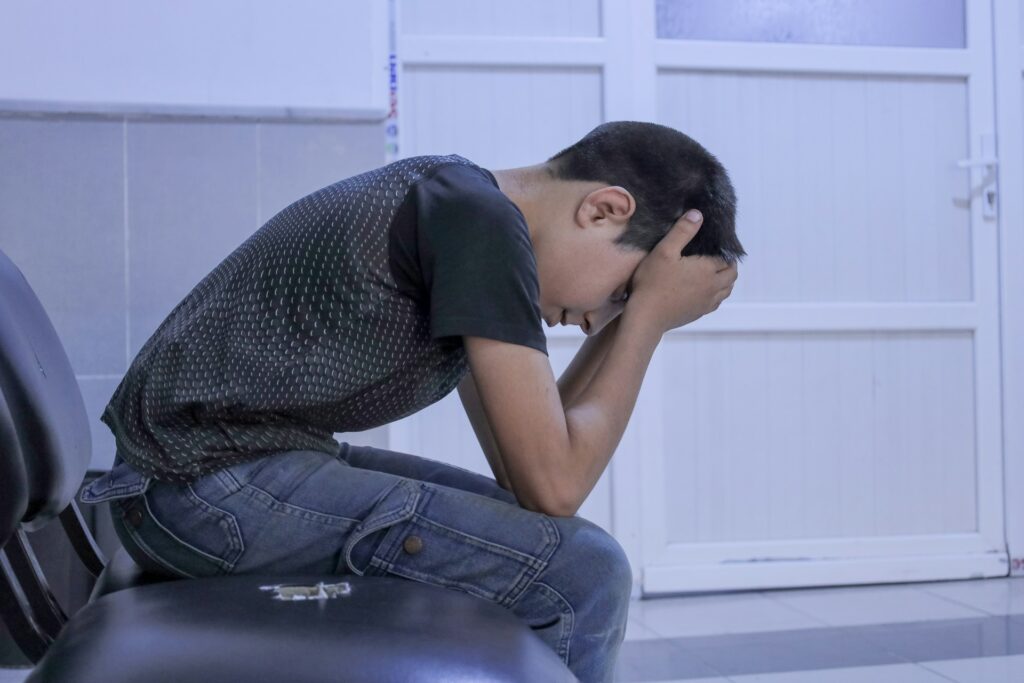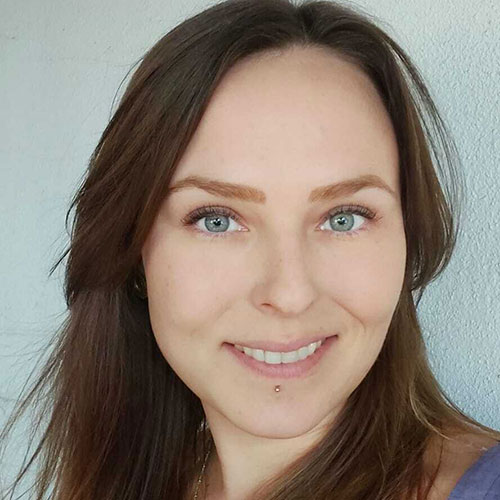Childhood experiences shape how we see ourselves and interact with others. Positive moments build confidence and security, while painful ones often leave lasting scars. These childhood wounds can follow us quietly into adulthood, influencing our relationships, confidence, and choices in ways we do not always notice. By understanding them, you can begin to heal and move forward with greater clarity and strength.
Fear of Abandonment

Children who feel abandoned often carry this fear into adulthood. It may come from parents who were absent, distant, or inconsistent with their care. As adults, they worry about being left behind, even when no threat exists. They may cling to relationships, become overly jealous, or struggle to trust the intentions of others. This fear creates instability that often damages friendships and romantic bonds. Overcoming this wound requires patience and the courage to build safe, supportive connections that prove not everyone will walk away.
Lack of Validation

When emotions are ignored or dismissed, children learn to doubt their feelings and suppress their needs. As adults, they may second-guess decisions, hesitate to act, and constantly seek approval from others. This cycle often leads to anxiety, perfectionism, and guilt for expressing even small desires. Over time, the need for validation can prevent growth and hold someone back from true independence. Building self-trust helps repair this form of childhood trauma and restores confidence. It also allows people to honor their emotions instead of burying them beneath fear of disapproval.
Constant Criticism

Growing up with constant criticism teaches children that they are never enough, no matter how hard they try. Later in life, they may hear this critical voice inside their minds, echoing every failure or flaw. It undermines self-worth and creates an ongoing fear of failure that blocks progress. Even personal achievements can feel hollow, as they expect rejection or disapproval to follow. Healing this wound requires self-compassion, conscious effort to silence the inner critic, and learning to celebrate victories without attaching shame or guilt. By practicing these steps, people slowly replace criticism with encouragement.
Emotional Neglect

Emotional neglect occurs when love, comfort, and support are missing during crucial stages of childhood. Adults who faced this often feel empty or disconnected from their emotions, unsure of how to process or express them. They may struggle with intimacy, avoid vulnerability, and fail to recognize their true needs in relationships. This absence does not always come from cruelty, but the lack of nurturing still leaves a painful void. Reconnecting with emotions is key to overcoming this early emotional pain. Over time, self-reflection and supportive bonds can help rebuild what was once absent.
Rejection

Rejection during childhood plants deep insecurity that often lingers for decades. Adults who carry this wound frequently feel unworthy of love, success, or acceptance. They may silence themselves out of fear of being excluded, convincing themselves it is safer not to try. In many cases, this leads to social anxiety and avoidance of meaningful connections, which only deepens loneliness. However, rejection does not define worth, and it is possible to change these inner beliefs. With effort, self-acceptance can replace fear with resilience, helping people step into relationships and opportunities without constant self-doubt.
Unstable Environments

Unstable environments filled with conflict, unpredictability, or lack of safety make children feel powerless. As adults, they may develop hyper-vigilance, always bracing for problems that may never arrive. This constant tension prevents relaxation, drains energy, and weakens trust in others. Living in survival mode also strains health and damages relationships, as stress becomes the default state of mind. Creating consistent routines and boundaries helps rebuild stability and reduces the impact of unresolved childhood wounds. Over time, these practices help adults feel safe enough to lower their guard and enjoy life without constant fear.
Lack of Affection

Without warmth, hugs, or words of love, children often struggle to form deep emotional connections. As adults, they may find physical closeness uncomfortable, foreign, or even threatening. Even when surrounded by caring people, they often feel isolated or detached, which fuels feelings of loneliness. This wound makes intimacy difficult, creating distance in both friendships and romantic partnerships. However, learning to accept and give affection allows healthier connections to form. With small steps, such as practicing openness and seeking supportive relationships, adults can gradually replace emotional distance with closeness and trust.
Conclusion

The lasting effects of childhood wounds often appear in ways we do not expect. Fear of abandonment, rejection, neglect, or criticism can limit growth, block intimacy, and weaken self-confidence. However, awareness creates an opportunity for healing and transformation. By practicing self-compassion, forming supportive bonds, and learning to recognize emotional triggers, it is possible to move beyond the past. Healing does not erase old scars, but it teaches us how to live with strength, resilience, and hope. With time, those early emotional scars no longer control the path forward.
Disclaimer: This article was created with AI assistance and edited by a human for accuracy and clarity.

